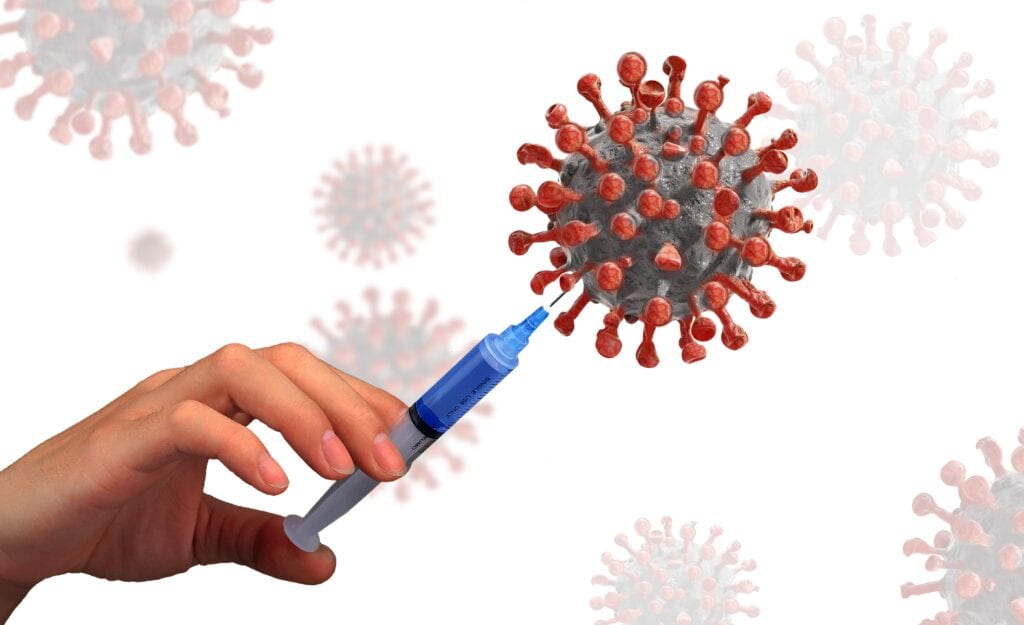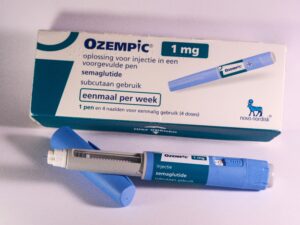According to the Oklahoma State Department of Health, Anyone who received the Johnson & Johnson COVID-19 vaccine within the last three weeks should contact their healthcare provider immediately if they develop severe headache, abdominal pain, leg pain, or shortness of breath.
The OSDH halted statewide distribution for the vaccine after CDC and FDA recommendations in response to six occurrences of a rare, but potentially dangerous blood clotting response to the J&J vaccine.
On Tuesday, April 13, Oklahoma State Health Commissioner Dr. Lance Frye said:
“Out of an abundance of caution, we have asked all of our vaccine sites to pause the use of the Johnson & Johnson vaccine immediately while we gather more information. This type of potential adverse reaction following administration of the Johnson & Johnson vaccine is extremely rare and has occurred in less than one in every million recipients. However, the health and safety of Oklahomans remain our top priority. We feel it best to pause administration of this vaccine in alignment with the CDC and FDA’s recommendation until more data on this potential adverse reaction is available.”
In a joint statement issued Tuesday, April 13, the CDC and the FDA announced that they were recommending that all states halt the use of the J&J vaccine while they investigate six cases of blood clots that occurred in women, ages 18 to 48, within 6-13 days after receiving the J&J vaccine. The clots occurred in veins that drain blood from the brain along with low platelet counts. The CDC and FDA said in the six cases, “a type of blood clot called cerebral venous sinus thrombosis (CVST) was seen in combination with low levels of blood platelets.”
The blood clots are similar to those reported by several European countries after people received AstraZeneca’s Covid-19 vaccine. They are also similar to an event that occurred involving a 20-year-old man during Johnson & Johnson’s U.S.-based clinical trial which resulted in a temporary pause in that trial last fall.
The concern over Johnson & Johnson’s vaccine is raising concerns about whether there is a problem known as a “class effect” which could occur with all vaccines made in the manner that the J&J and AstraZeneca vaccines are made.
It has been postulated that the cause of the rare clotting issues centers around the possibility that, in a small subset of people, the adenoviruses trigger an abnormal immune response that results in a rare combination of widespread clotting and low platelet counts.
As a matter of fact, two recent studies that were published in the New England Journal of Medicine (NEJM), by scientists in Europe appear to verify the hypothesis.
Researchers discovered that people receiving the AstraZeneca vaccine, which is similar to the Johnson & Johnson vaccine, had higher levels of antibodies targeted against a cluster of immune-related cells that the body might form in response to the vaccine. These clusters include platelets, which help the blood to clot in response to a cut or injury. The antibodies stick to the platelets and form perilous clots that can block blood flow in veins and arteries. The scientists are calling the condition “vaccine-induced immune thrombotic thrombocytopenia.”
Peter Marks, director of the FDA’s Center for Biologics Evaluation and Research said: “The issue here with these types of blood clots, is that if one administers the standard treatments that we as doctors have learned to give for blood clots, one can actually cause tremendous harm or the outcome can be fatal. One needs to make sure that providers are aware that if they see people who have low blood platelets, or if they see people who have blood clots, they need to inquire about the history of recent vaccination, and then act accordingly.”
In a public statement, Johnson & Johnson said it is working closely with health officials and medical experts in the ongoing investigation.
Paul Offit, an expert in infectious diseases, vaccines, immunology, and virology, said:
“You have a greater chance of being in a car accident on the way to getting this vaccine than you have of having a problem from this vaccine. But that’s not how people view risk…I think it would not be surprising if this vaccine would not come back onto the market.”
So far nearly 7 million Americans have received the J&J vaccine of which were 62,000 Oklahomans, including Governor Stitt.
There have been no such problems reported by the Pfizer and Moderna vaccines, and Oklahoma will receive 500,000 more doses of both vaccines next week.










